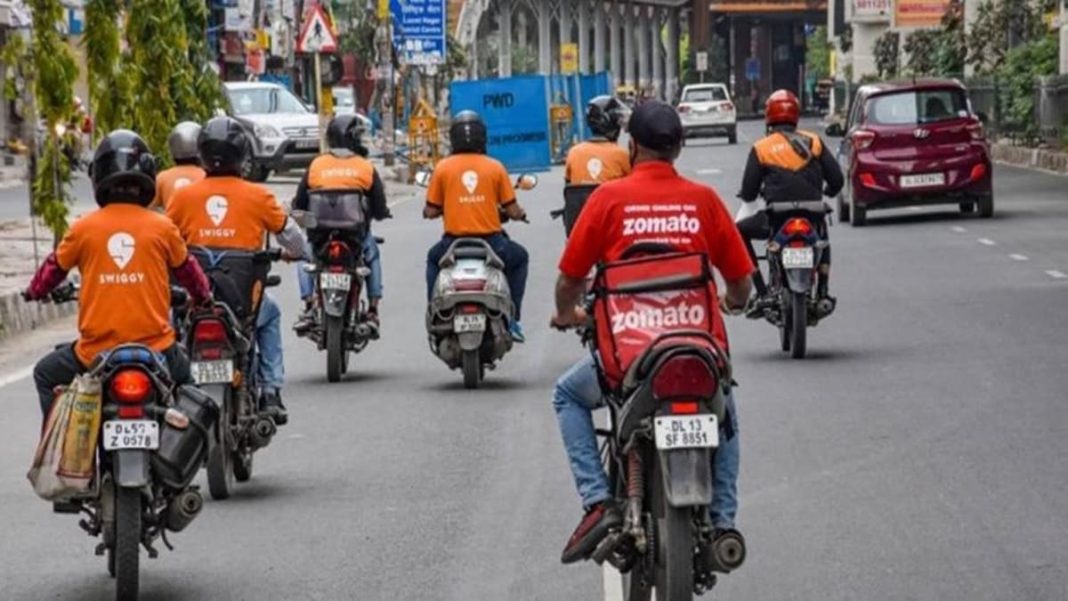Key Takeaways
- Aggregators must contribute 1-2% of annual turnover to social security fund
- Contribution capped at 5% of worker payouts
- Major platforms welcome regulatory clarity and workforce formalization
- Financial impact expected to be manageable for most companies
India’s gig economy platforms have largely welcomed the government’s move to operationalize the Code on Social Security (CoSS), 2020, seeing it as a crucial step toward formalizing the country’s gig workforce.
The notification requires aggregators to contribute 1-2% of their annual turnover toward social security, capped at 5% of worker payouts.
Industry Welcomes Regulatory Clarity
Major players across e-commerce, quick-commerce, and ride-hailing sectors have responded positively to the development.
“The new codes provide a clearer and more predictable framework for businesses and workers,” said Rajneesh Kumar of Flipkart.
Amazon India stated the code aligns with their existing welfare priorities, while Zepto emphasized it means “stronger social security for our delivery partners, without losing the flexibility that powers quick commerce.”
Rapido described the move as vital for sector resilience, and Uber committed to working with the government for effective implementation.
Financial Impact Assessment
Zomato and Blinkit-parent Eternal issued stock exchange disclosures addressing profitability concerns, stating they don’t expect the rules to harm long-term business sustainability.
“We don’t think any financial impact on account of these Rules will be detrimental to long-term health and sustainability of our business,” Eternal stated.
Swiggy termed the codes a “transformative step” while confirming no material business impact is anticipated.
Analysts note most platforms already provision for benefits like insurance, so compliance costs shouldn’t rise significantly. The framework will standardize these efforts and improve financial planning predictability.
Compliance Challenges Ahead
Despite broad industry support, experts highlight the need for clearer operational guidelines.
Sachin Alug, CEO of NLB Services, pointed to ambiguity around ‘turnover’ definition: “Should turnover be interpreted as GMV, NOV, or recognised revenue? Each measure can dramatically alter the contribution base.”
He also raised concerns about the 5% cap potentially creating incentives to restructure payouts without proper safeguards.
Balasubramanian A of TeamLease Services questioned how welfare funds would be utilized, hoping they would cover health insurance, life insurance, and retirement benefits.
The industry now awaits detailed implementation rules that will determine the practical application of this reform.




